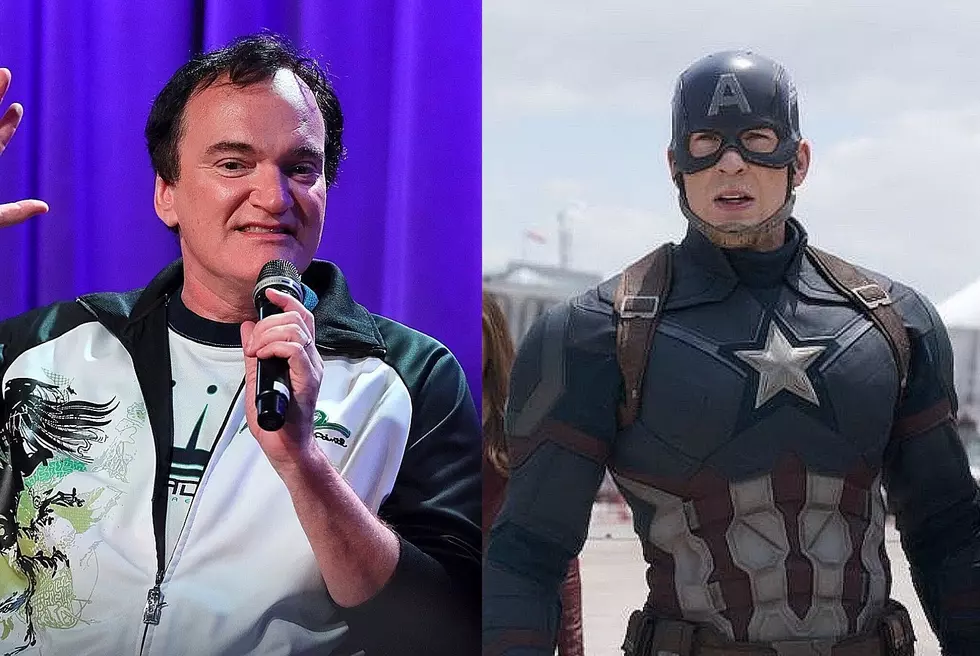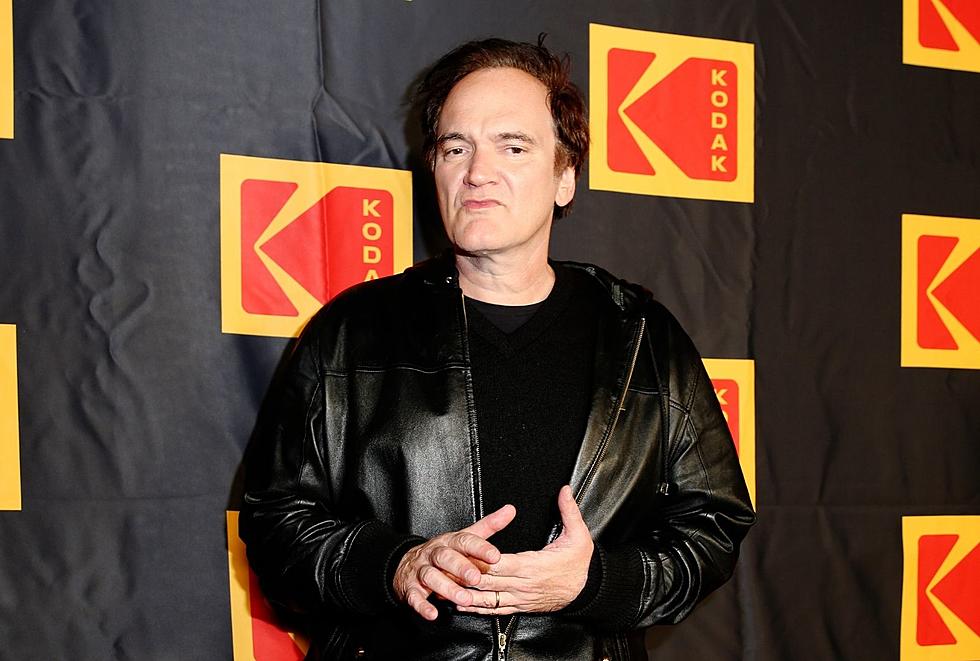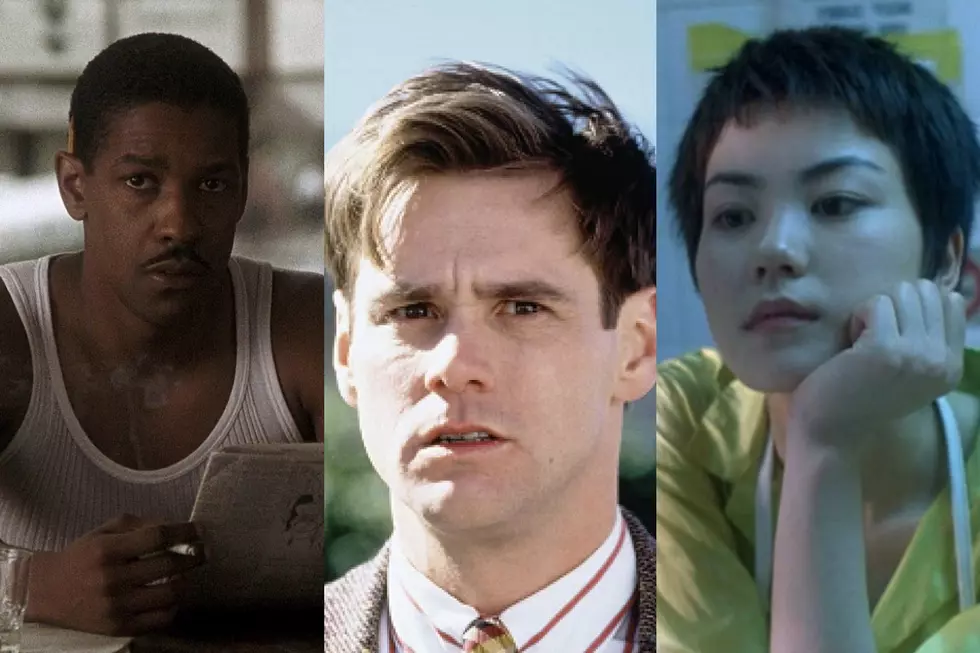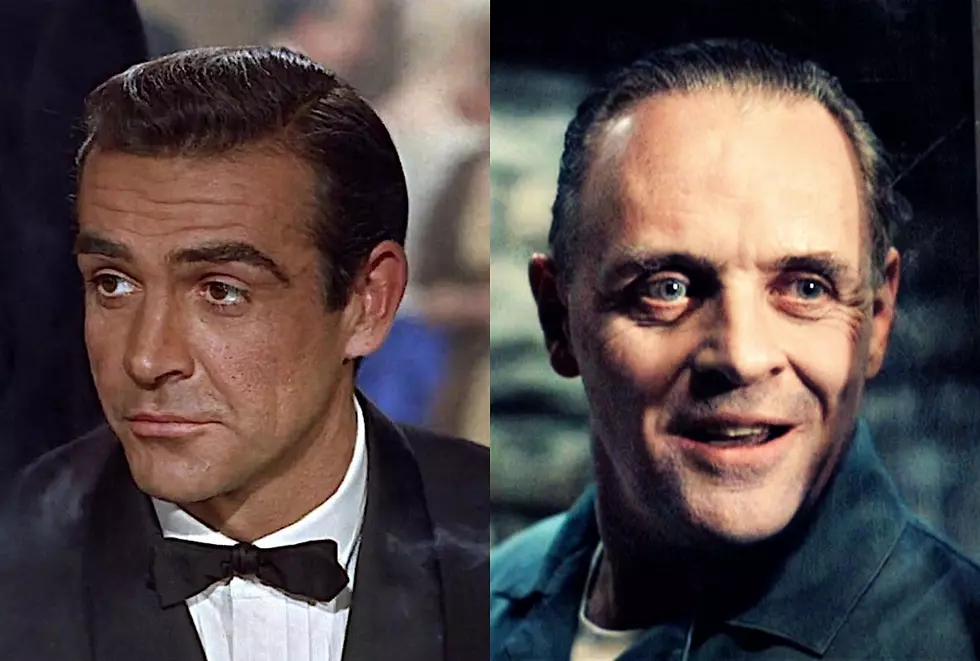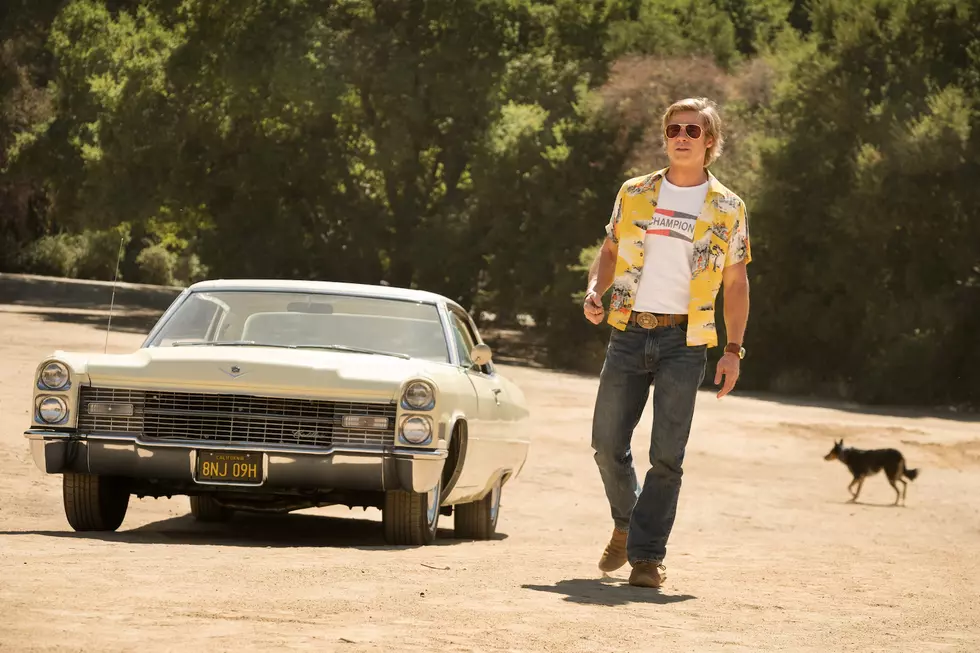
‘Once Upon a Time in Hollywood’ Review: Quentin Tarantino’s Farewell Tour Begins
There’s a hard cut to black between two scenes in Quentin Tarantino’s Once Upon a Time in ... Hollywood, and for a brief moment the theater got very quiet. Suddenly, the room was filled with something I hadn’t experienced in a very long time: The sound of a film projector. Once so ubiquitous and so comforting, that steady rattle of celluloid shuttling through metal was so foreign in that moment it took me a couple of seconds to recognize it. It made me happy to hear that sound again — and it also made me sad to realize that this beautiful thing that was once a huge part of my life is now basically extinct.
That feeling of joy blended with melancholy for a bygone era never left me through the rest of Once Upon a Time in ... Hollywood, although it was occasionally joined by other emotions including fear, shock, and giddy excitement. Tarantino once told an interviewer that all his movies are “achingly personal ... I may be talking about a bomb in a theater, but that’s not what I’m really talking about.” In this case, while Once Upon a Time is nominally about a couple of grizzled showbiz vets teetering on the edge of career obsolescence, Tarantino is really talking about film’s obsolescence, particularly in the literal sense of the word — like the kind fluttering through the projector at my press screening. But rather than mourn what’s been lost, Tarantino throws a rowdy party celebrating everything this medium can achieve. If film is dead, then Once Upon a Time in ... Hollywood is its Irish wake.
The end looms over everything in this film. For actor Rick Dalton (Leonardo DiCaprio) it’s the possible end of his career. Ever since Rick’s TV series, Bounty Law, got canceled, he’s scraped by in a string of guest spots on other shows such as The FBI and Lancer. But that won’t last; Rick’s drinking is starting to give him a reputation around town. A flashy producer (Al Pacino) can get Rick booked on some spaghetti westerns, but Rick hates spaghetti westerns. (The fact that this film’s title is derived from one such movie, is one of its many winking inside jokes and references.) The only guy who still thinks Rick has a shot at a comeback is his stuntman, Cliff Booth (Brad Pitt). Amidst the downswing in Rick’s fortunes, Cliff’s made the wise decision to pivot to professional buddy, serving as his boss’ driver, handyman, and paid drinking partner.
While Rick is a famous, handsome movie star, off-camera he’s a mess; a nervous, emotionally fragile drunk with a stutter and a persistent hacking cough. Cliff, on the other hand, is actually the type of guy Rick plays on television: Gorgeous, cool, and utterly unflappable — even in the face of an economic apocalypse and the occasional run-in with Charlie Manson and his Family. He seems utterly content with his life as Rick’s sidekick, living in a trailer behind a drive-in movie theater, cruising L.A. in Rick’s swanky car, and hanging out with his dog.
The end also hangs in the air around Rick’s new neighbors on Cielo Drive; movie director Roman Polanski (Rafał Zawierucha) and his actress wife Sharon Tate (Margot Robbie). In 2019, most viewers will only know Tate because of her connection to the Manson Family and their grisly murders. Once Upon a Time in ... Hollywood considers her as a person and an actor. As Rick and Cliff go about their mundane lives, the camera occasionally pans past them to observe Robbie’s Tate in her day-to-day; folding clothes, listening to music, and even going to a theater in Westwood to watch herself in the Dean Martin picture The Wrecking Crew.
Although Robbie’s role is small compared to DiCaprio’s and Pitt’s, it’s crucial to the things Tarantino has bubbling under the surface in Once Upon a Time in ... Hollywood. He cuts back and forth between Tate and Polanski, both with careers on the rise, and Rick and Cliff as they drift toward obscurity, all of them oblivious to the horrors that loom in the summer of 1969. He compares Tate’s relative anonymity in the days before the Manson attacks and her innocent love of acting and performing, with Rick’s neurotic obsession with his fame and his terror of losing his status in Hollywood. And he uses all of them to help paint a portrait of Los Angeles in the late 1960s, this gorgeously tacky wonderland of neon signs, movie posters, and TV billboards.
All of Tarantino’s movies are meticulously designed, but Once Upon a Time in ... Hollywood is a particularly pleasurable movie to get lost in, digging into the warm cinematography by Robert Richardson and the lush soundscape of obscure pop hits, classic rock tunes, and snippets of radio news reports that blare out of passing cars. The early scenes are full of energy and life, as Tarantino goes for a rat-a-tat tour through Los Angeles with Rick, Cliff, and Tate. Then the pace slows as the film follows each through their daily routines — and takes the occasionally Tarantinoesque digression into flashback and fantasy, including one surreal scene where Pitt gets to tangle, at least in his mind, with Bruce Lee (Mike Moh).
The inevitable collision between the Family and our heroes takes us into spoiler territory and will have to wait for a later discussion. At this point, what’s worth saying is that both DiCaprio and Pitt give sensational performances; Pitt in particular hasn’t been this charismatic (not to mention jaw-droppingly good looking) in many years; Cliff Booth instantly seems like one of the roles that decades from now people will look back on as one of his most iconic. I can also tell you that as Manson’s followers inject themselves more and more into the story, my body became so tense that I had to mentally remind myself to relax after noticing my back was beginning to hurt from pressing too hard against the back of my seat.
Despite the darkness lingering around its edges, Once Upon a Time in ... Hollywood is also Tarantino’s sweetest movie since Jackie Brown, which was a similar story about aging Los Angelinos confronting their disappointment with their jobs, their bank accounts, their relationships. When Tarantino made Jackie Brown, he was 34 years old. Now he’s 56 and threatening to retire after directing one more feature film — so Once Upon a Time in ... Hollywood is about the end of Tarantino’s career as well. The movie has an elegiac quality; it’s filled with passionate feeling about the fleeting nature of life and the magical permanence of cinema. If he really does plan to retire in a few years, this is one hell of a way to kick off his farewell tour. See it on film if you can. When the theater gets quiet, listen for that sound.
Additional Thoughts:
-Tarantino’s affection for older actors has been clear for 25 years, but Once Upon a Time in ... Hollywood is his first movie that’s explicitly about that subject. In another era, Rick Dalton would have been the kind of guy Tarantino would have given a meaty, career-redefining role, like John Travolta in Pulp Fiction.
-There are a million inside jokes and movie and TV references to watch for, but here’s just one particularly fun one: Rick gets offered a spaghetti western directed by Sergio Corbucci. A few years before the events of Once Upon a Time in ... Hollywood, Corbucci had a massive international hit with a western named Django.
-I keep thinking about that Tarantino quote about his movies; “I may be talking about a bomb in a theater, but that’s not what I’m really talking about.” There’s a theater in Once Upon a Time in ... Hollywood, but there’s no bomb. Just a woman, watching a movie.
Gallery — The Best Films of the Year So Far:
More From Sasquatch 92.1 FM

